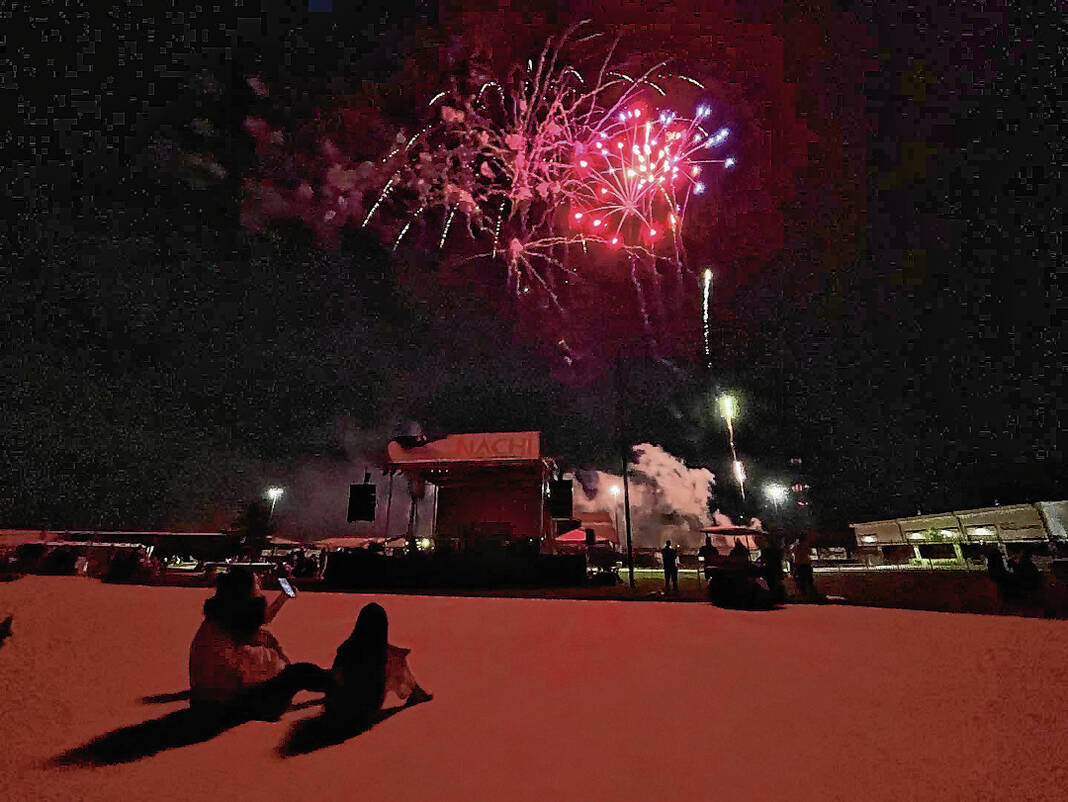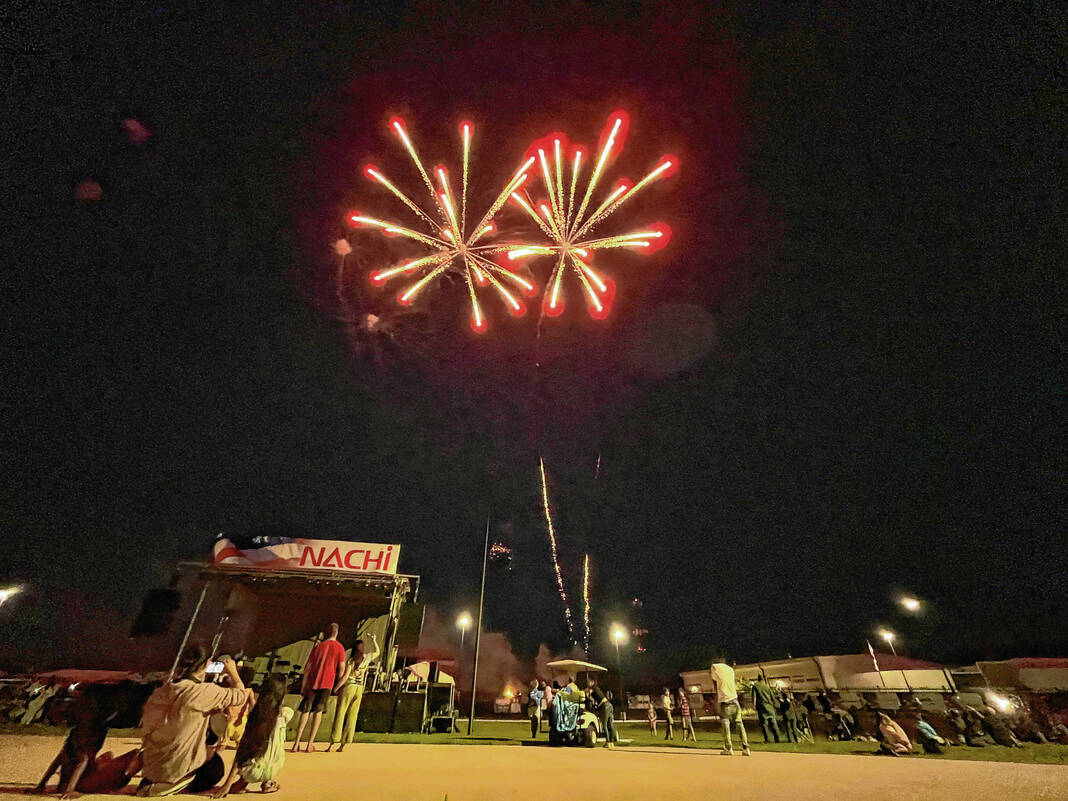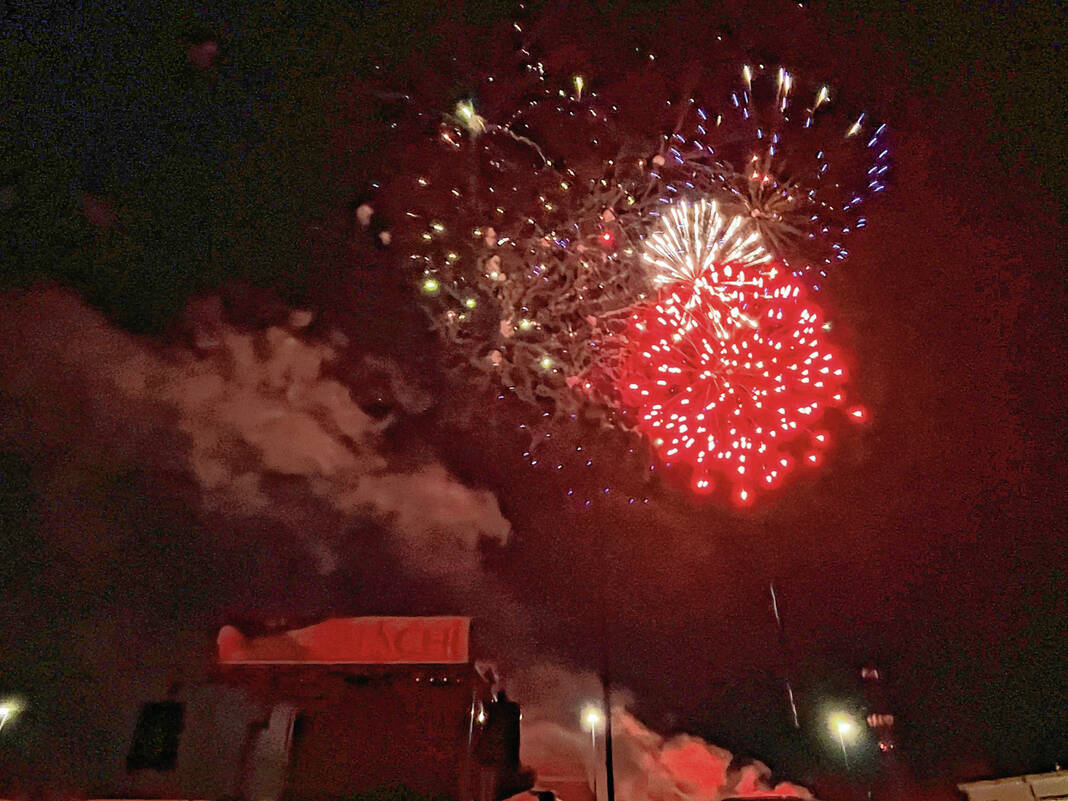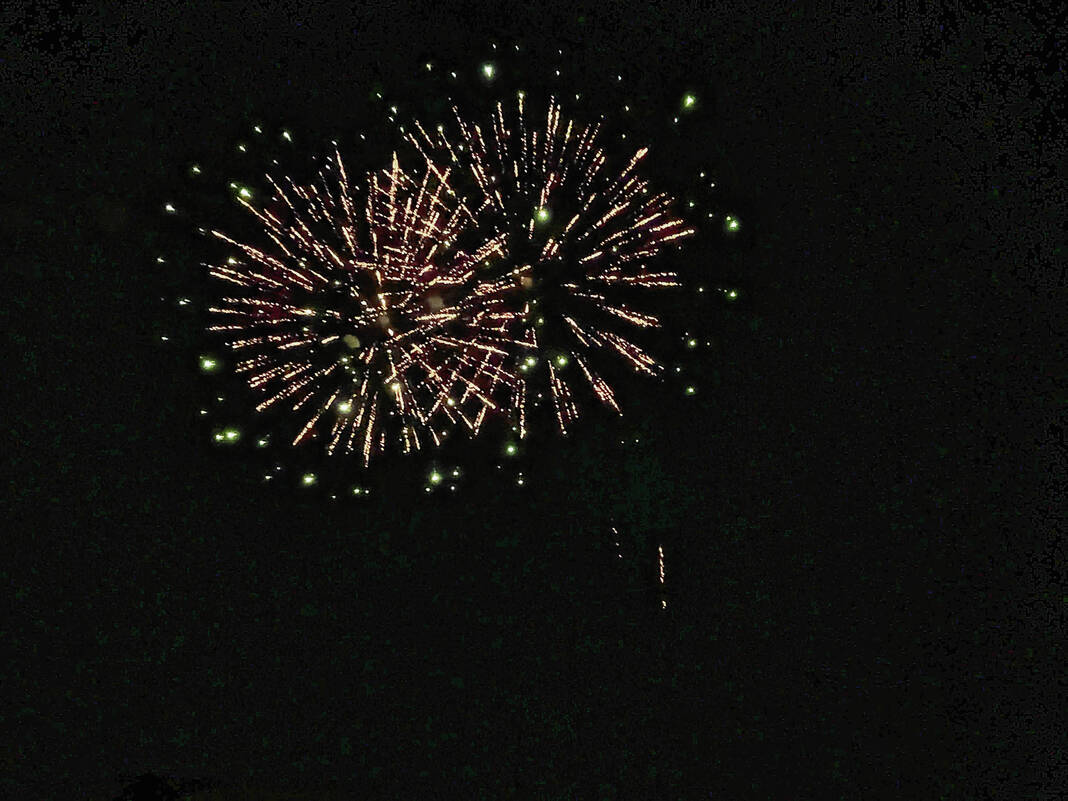As the Fourth of July approaches, officials are asking the public to be safe when launching and using fireworks.
There has significant upward trend in fireworks-related injuries over the last 15 years, according to a new report from the U.S. Consumer Product Safety Commission (CPSC) released Tuesday. Between 2006 and 2021, the number of injuries caused by fireworks climbed 25% in the U.S., the agency’s latest estimates show.
Last year, at least nine people were killed and an estimated 11,500 were injured in incidents involving fireworks nationwide, data shows.
Of the nine people who died, six deaths were associated with firework misuse, one death was connected to a mortar launch malfunction and the two other deaths were associated with unknown circumstances. The estimated 11,500 injuries that were treated last year in emergency rooms were down from a spike of 15,600 that was seen in 2020 when many public displays were canceled due to the coronavirus pandemic, officials said.
In a one-month special study period from June 18 to July 18, 2021, an estimated 8,500 fireworks-related injuries— 74% of the total estimated fireworks-related injuries in 2021 — were reported, according to CPSC.
Young adults between the ages of 20-24 had the highest rate of emergency room-treated injuries due to fireworks with 5.1 injuries per 100,000 people, or 31% of the total number of injuries reported in 2021. The 5-14 age group had a rate of 4.2 injuries per 100,000 people and the 15-24 age group had a rate of 4.0 injuries per 100,000 people, data shows.
If you do set off fireworks on your own, there are several things you can do to make sure you do so safely, officials say.
“We always recommended that instead of doing your own fireworks, you go to professional sites, but we know people are going to …. do their own fireworks. That’s perfectly okay, but there’s some rules they should think about,” said Mike Pruitt, Bargersville Community Fire Department’s deputy fire chief.
People who are not professionals, should not buy not professional fireworks, but consumer-grade fireworks, CSPC officials say. Knowing what you are purchasing is critical as fireworks can be dangerous, Pruitt said.
“Talk to the people who sell the fireworks so you know what they will do,” he said.
Officials warn against make combining different products to make a bigger boom. It is much safer to stick with store-bought fireworks, because fireworks found there will be safe and made according to product safety regulations, Pruitt said.
“We know people like to go out and make their own fireworks by combing different products, but it can cause injury, death and property damage,” he said.
People should also set fireworks off in safe environment. Right now, people should be cautious because there has not been a lot of rain. If fireworks hit dry grass, this can cause things catch fire, smolder or cause damage to nearby properties. Pruitt recommends setting off fireworks in a wide-open area and on hard surfaces like pavement or concrete, he said.
People should also keep a bucket of water or a garden hose handy in case of fire, and should wear safety gear. Fireworks should also be set off one at a time and people should quickly move away from the fireworks device, CPSC officials said.
For projectile fireworks, make sure to secure the launching tubes, as first responders have seen them fall over if they do not have enough weight holding them down. People should also make sure to read the instructions, because there could possibly be an explosion on the ground. That could cause serious injury, Pruitt said.
People should never allow young children to shoot off projectile fireworks. People should also be careful with sparklers, as they can burn at temperatures of more than 1,200 degrees Fahrenheit, which could catch clothes on fire among other things. There are safer alternatives, like glow sticks, Pruitt said.
People should never have any part of their body directly over a fireworks device when lighting a fuse, and should never point or throw fireworks at anyone, officials say.
“That’s one of the most dangerous things you can do,” Pruitt said.
After a firework is done burning, douse the spent device with water before throwing it away to prevent a trash fire. If a firework appears to be malfunctioning, do not try to relight or handle it. Instead, soak it in water and throw it away, officials said.
People should not approach a firework that doesn’t go off. Officials say to water it down so it doesn’t explode before you approach. First responders have seen many cases where a person walked up to a firework that hadn’t gone off yet and it exploded, Pruitt said.
One of the most critical safety steps for using fireworks is to not use them while impaired by alcohol. They do not go well together, Pruitt said.
“People get a lot braver with alcohol,” he said. “People are tempted to do things they shouldn’t do.”
Anyone who does get burned should make sure to run cold water over the burn and treat it. If the injury is more serious, people should get medical attention, Pruitt said.
People should also make sure to honor communities’ rules for when fireworks can be set off, and people who have nearby neighbors should let them know before using fireworks as a courtesy. Smoke from fireworks can be an irritant for neighbors, and could create problems with their pets, Pruitt said.
Pets who are alarmed by fireworks should be secured in a home or in their enclosure during Independence Day celebrations, so they don’t run away when fireworks begin going off.
“Be courteous in your hours (of use) and keep others in mind,” Pruitt said.
AT A GLANCE
When people can set off fireworks
Local communities follow state law on when fireworks can be set off, but some communities have more stringent rules.
Here is a look at the rules:
State law
Fireworks can be set off from 9 a.m. to 11 p.m. most days of the year.
On certain holidays, including the Fourth of July, fireworks can be used from 10 a.m. to midnight.
Local community rules
When fireworks can be set off in Greenwood:
- July 4: 10 a.m. to midnight.
- The earlier of the last Saturday in June, or June 29-July 3 and July 5-9: 5 p.m. to two hours after sunset.
- Not allowed any other day of the year.
When fireworks can be set off in Franklin and New Whiteland:
- July 4: 10 a.m. to midnight.
- June 29-July 3 and July 5-9: 5 p.m. to two hours after sunset.
- Not allowed any other day of the year.
When fireworks can be set off in Bargersville and Whiteland:
- July 4: 10 a.m. to midnight.
- June 29-July 3 and July 5-July 9: 10 a.m. to two hours after sunset
- Any other day: 10 a.m. to 11 p.m.
- Fireworks are limited to no more than three hours per day, and no more than three calendar days within a seven-day period on the same property.
When fireworks can be set off in Edinburgh:
- July 4: 10 a.m. to midnight.
- June 29-July 3 and July 5-July 9: 5 p.m. to two hours after sunset.
- Not allowed any other day of the year.
What else state law says
Must be 18 years old to possess or purchase consumer fireworks.
Children under 18 must be accompanied by an adult while using fireworks.
To use non-consumer fireworks, a permit from the U.S. Bureau of Alcohol, Tobacco, Firearms, and Explosives must be obtained, along with a permit from the state fire marshal.
Fireworks must be used:
- on the user’s property.
- on another person’s property with permission.
- at a special location permitted by the State Fire Marshal.
Source: Indiana code and local ordinances









